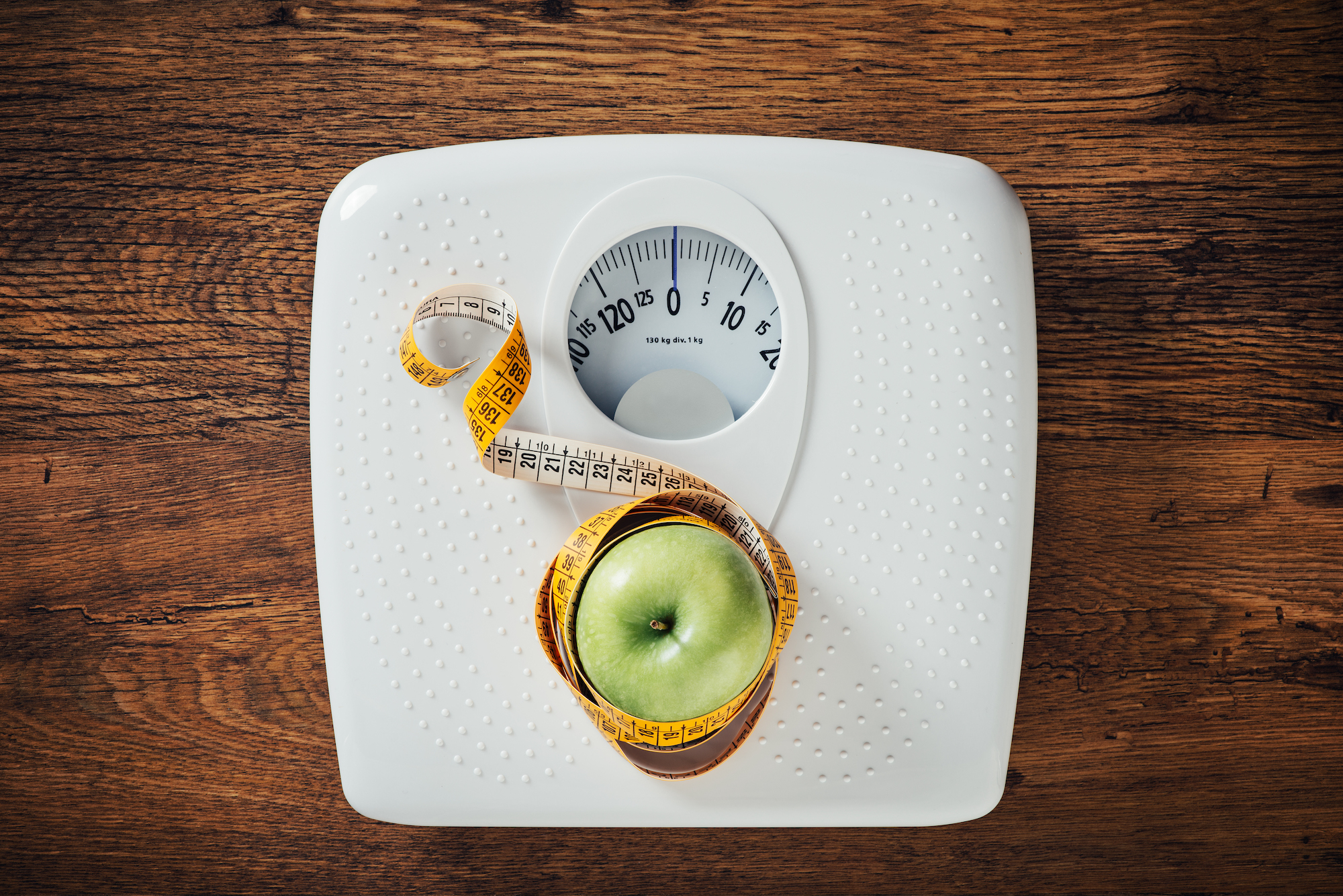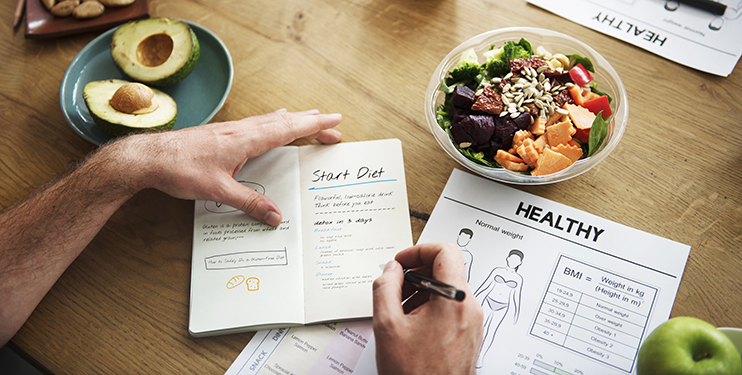Whether we should count calories when trying to gain weight or lose weight is an old debate. It’s no secret that in order to achieve certain weight goals, we need to be aware of the balance between consumed and burned calories. For those who have fine-tuned all other aspects of their workout or have a lifestyle in which calorie counting fits, perhaps. But for most, counting calories adds an unnecessary burden to daily activities, our mental health, and sometimes loved ones. If you need a hand that weighs options or just want to learn more about what calorie counting can do for you, then you are at the right place. The goal of counting calories is to calculate the total amount consumed in one day compared to the energy we burn. When we talk about ‘burning’ energy, there are four main factors that play a role:
- Exercise – training and sports, going for a swim, walking the dog
- NEAT (thermoregulation of activities without exercise) – energy that we burn by standing or doing work
- TEF (thermal effect of food) – the energy that our body uses to digest our food
- BMR (basal metabolic rate) – the minimum amount of energy that our body requires to perform metabolic functions in our body (i.e. the energy we need just to stay alive)
- We can take these four factors into account and use equations (such as Scofield’s equation) to calculate how many calories we need each day to change our body weight.
– Protein = 4 calories / gram (17kJ)
– Carbohydrates = 4 calories / gram (17kJ)
– Fat = 9 calories / gram (37kJ)
Rewind 150 years in advance and there we are equipped with the ability to know the exact composition of the food we eat just by measuring or even looking. Calorie tracking is a reliable method (if done correctly).
Things to ask yourself before counting calories:
You need to ask yourself why you want to count calories and consider other factors that affect your goals. The five questions you need to ask are:
Do I want to count calories so I can adjust to a certain body ideal?
– This could indicate some basic mental problems related to body image, which should be solved first.

What were my workouts like?
– Think about the duration, intensity and enjoyment of training lately. You may be able to try some of the recommended programs in the app. This will mean that you do not have to be restrictive in your diet, and the calories you intended to eliminate will encourage you to a more productive session. The focus is now on adjusting your workouts, which will help you lose fat, gain muscle and increase your metabolism.
Can I reduce my alcohol intake?
– The body perceives alcohol as a toxin, so it gives priority to its metabolism above all. This means that, for example, carbohydrates are not stored as efficiently as glycogen, which will encourage your next session. Alcohol also has the second highest calorie density (7 calories / gram or 28 kJ / gram), without other nutrients. Replacing alcohol with water, juice, milk or kombucha are a great alternative and contain much less energy and more nutrients.
Can I choose food smarter?
– It can be at any time of the day. Maybe you could replace a bowl of high-protein yogurt ice cream at night. Or, instead of buying potato chips, you can buy popcorn.
Who and what am I surrounded by?
– Decide to change the environment by keeping a few pieces of fruit on the table to have a healthier choice. When you are at home, adapt your environment to your goals by increasing the fruits and vegetables in the pantry and reducing the amount of biscuits and lollipops. Go for a walk with a friend or family member, instead of sitting down for coffee.

If you are the type of person who feels that he can successfully work on some of the above questions and is trying to get better answers, then it is good to stay away from counting calories for now. For others, what you consume is crucial, especially if all other aspects of training, nutrition and recovery are in place. This may be especially true for professional athletes. For example, athletes for whom weight is important in martial arts have more than likely exhausted all the tools available, so counting calories is an additional option that helps achieve a certain weight goal. For recreational athletes, however, there are other ways to achieve a weight goal that are less time consuming and less obsessive. It is important to note that there are many other factors and criteria that contribute to the successful achievement of body goals and performance. Return to the above questions and focus on the more general aspects of your diet and training, while ensuring that you take care of your mental health.
